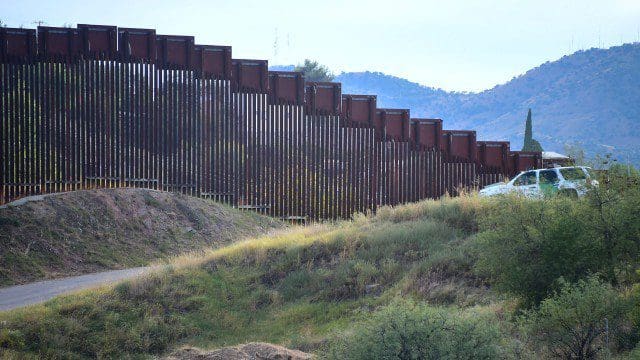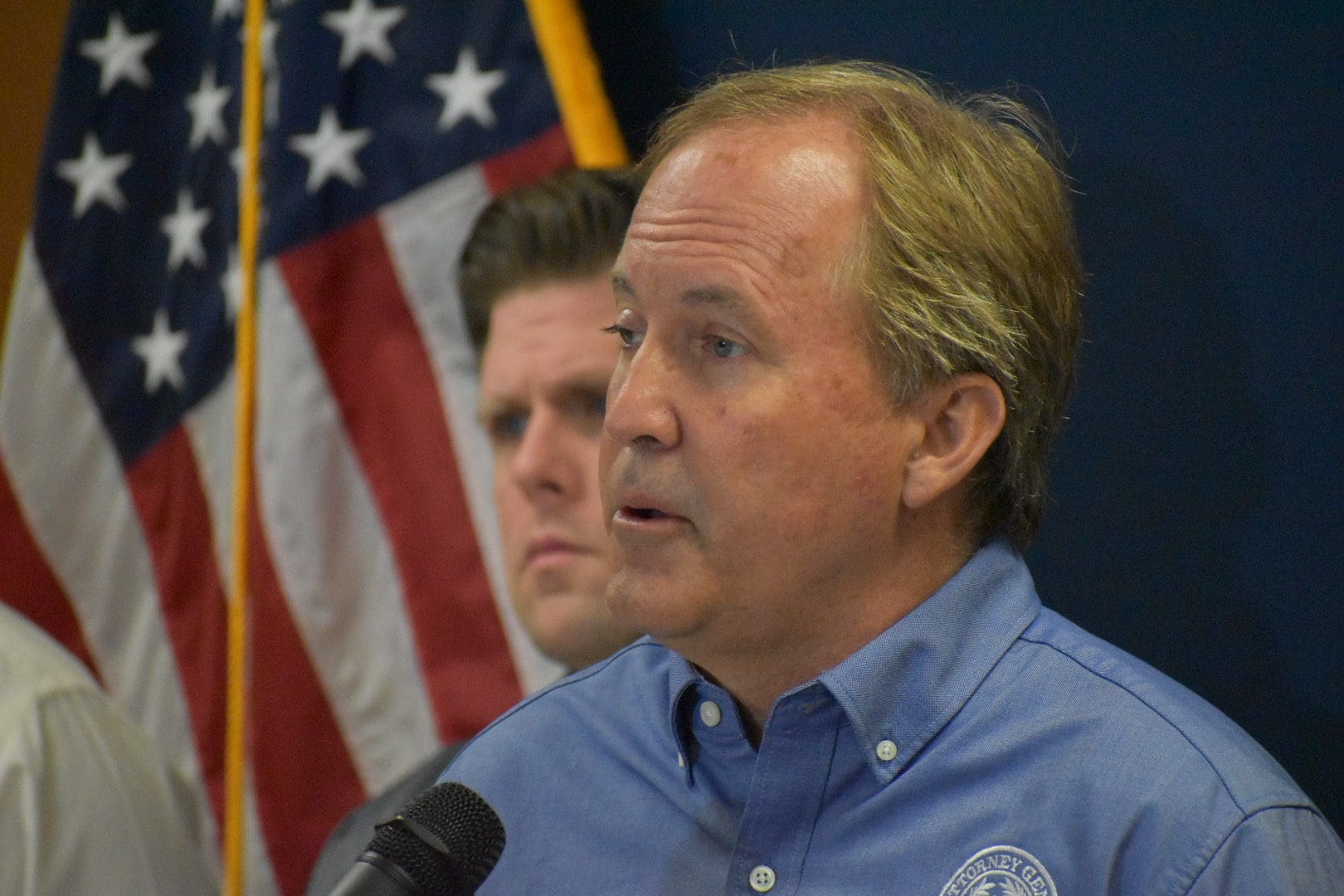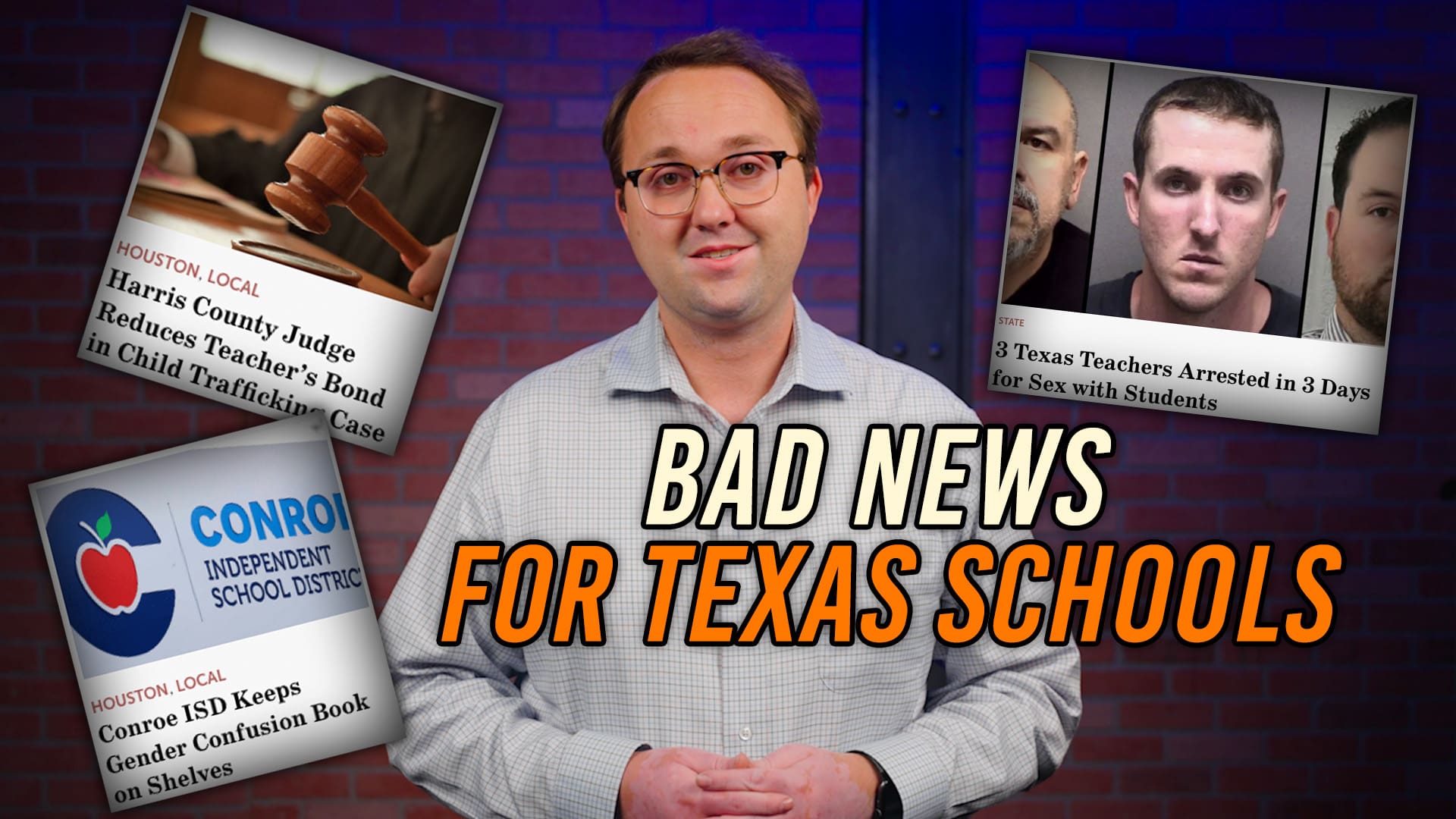On Tuesday, the Texas Senate Finance Committee met to discuss the current appropriations to border security efforts including Operation Lone Star—Gov. Greg Abbott’s border security push—and future funding needed as the situation worsens.
“Securing our international border is a federal responsibility,” emphasized State Sen. Joan Huffman (R–Houston), chair of the Senate Finance Committee.
We the states simply don’t have the resources to take on 100 percent of the security needs of our border indefinitely. But until the federal government steps up to ensure long term security, we have a duty to act to support effective border security to combat illegal immigration and foster lawful immigration.
Indeed, U.S. Border Patrol has arrested more than 1.7 million illegal border crossers since the beginning of the federal fiscal year last October, with many more escaping into the interior of the country.
Although Abbott has been asked to declare an invasion under Article I, Section 10, Clause 3 of the U.S. Constitution and turn back illegal border crossers, he stopped short of doing so in his recent executive order.
Sarah Hicks, senior advisor and budget director for the governor’s office, explained to the committee that the situation on the border only continues to worsen, despite Texas’ efforts, as the federal government continues to ignore the crisis.
“Border security is absolutely the responsibility of the federal government,” said Hicks. “But in the unprecedented absence of that security, Texas has no option but to step in and use every tool available.”
According to Huffman, “Texas taxpayers have already put in nearly $6.5 billion over the last four biennium [eight years] for border security efforts.”
Of that $6.5 billion, more than $4 billion has been appropriated just in the two years since President Joe Biden took office.
“We can’t spend our way out of this,” said State Sen. John Whitmire (D–Houston), advocating for alternative options such as Gov. Abbott approaching the Mexican government. He called for a “diplomatic, humanitarian approach to this, other than this committee sitting here and writing another billion-dollar check.”
State Sen. Charles Perry (R–Lubbock) echoed Whitmire’s monetary concerns, stating, “We can’t keep doing what we’re doing. Because if we’re not detaining or if we’re not shipping back, we’re not getting the job done. And I think any honest assessment from people that are in the boots on the ground would admit we’re really not having an impact.”
Nearly a billion dollars has been appropriated to build a border wall, with 805 miles identified by the Texas Department of Public Safety as vulnerable.
“The amount of money we’re spending on border security and the amount of people coming across is like a bottomless pit,” said State Sen. Chuy Hinojosa (D–McAllen), as at this rate, it will take $17 billion to secure the 805 miles.
State Sen. Paul Bettencourt (R–Houston) put a more positive spin on Texas’ actions, as DPS has interdicted more than 319 million fatal doses of fentanyl and 42 terrorists as part of Operation Lone Star. “We’ve saved … tens of thousands of Americans’ lives, just because we’re stepping up to the bar and putting that money in.”
However, drug busts aside, State Sen. Brandon Creighton (R–Conroe) highlighted the trafficking of women and children across the border, calling it a “modern-day slave trade” that has been implicitly accepted by the Biden administration.
“Texans have had enough with this issue,” said Creighton.
State Sen. César Blanco (D–El Paso) affirmed this, explaining that ranchers have spent thousands of dollars fixing fences, vehicles, and property damage as coyotes corral illegals through private land and into the state.
Texas DPS Director Steven McCraw expounded on the issue of trafficking and its costs, explaining that the “global mass migration” occurring is making the cartels billions of dollars through human trafficking.
“It’s a no-lose situation for them [cartels],” said McCraw. “Seemingly compassionate federal policy is anything but compassionate when you drive people to the cartels.”
McCraw says the cartels represent a public safety threat to Texas, adding, “We’ve never seen a more ruthless and powerful criminal enterprise in the world [than] what is right now on our southern borders.”
In addition to the trafficking, there is also concern due to the drug smuggling and gang activity surrounding it. As the gangs push floods of drugs onto immigrant communities, they are teaming up with other—sometimes rival—gangs. “It’s kind of the sum of the parts is greater than the whole,” said McCraw regarding the gangs. “What’s worse than the whole? When they work together.”
McCraw explained that DPS is working to set up razor wire on private properties along the border, working with ranchers to halt the illegal border crossings in a proactive manner. However, even with razor wire, building a border wall, completing truck inspections, and other interventions, McCraw says it would be much more feasible for Mexico to secure their southern border with Central America and halt the traffic on that side than for Texas to secure its border with Mexico.
Perry asked McCraw what an offensive strategy would look like in this situation, saying, “I’m tired of just stopping the conversation with ‘It’s a federal problem.’ It costs us a lot of money. … What does that look like in your mind as commander of the people we depend on to protect the border?”
“In the absence of federal policy changes, is really between the ports of entry, is infrastructure,” said McCraw, advocating for concertina wire along the riverbank, including on private property and that there be no exceptions to it. Additionally, he recommended anyone caught trespassing on private property be arrested and prosecuted for criminal mischief and/or criminal trespassing. “Nobody coming across to begin with. That’s what the right response looks like.”
“We’ve lost the battle,” said McCraw. “We haven’t lost the war.”
Several counties in Texas have already declared the border crisis an invasion. As the latest numbers from June are expected within the next two weeks, eyes are on Abbott for further action.





